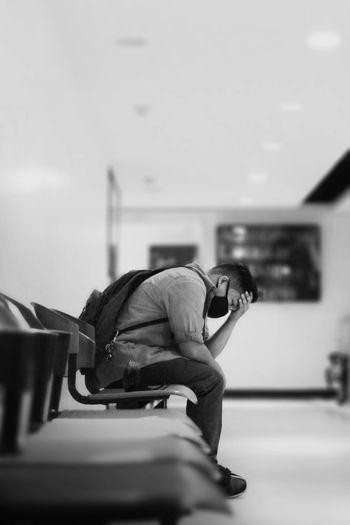Mass shootings have become an unfortunately regular occurrence all across America. In fact, as many as one-third of US adults report that they now avoid certain places and situations through fear of gun violence. High-profile get-togethers and even just bustling public places are certainly off the cards for many, while continual concerns can make relaxation difficult even in the comfort of our own homes.
None of this is conducive to our well-being, and it’s a worrying trend that highlights a very real and growing form of vicarious trauma as shootings continue to make national news. The escalating anxiety that’s possible as a result of this fear is especially concerning, but there are steps that you can take to better manage gun violence fear in general. Keep on reading to find out what they are.

